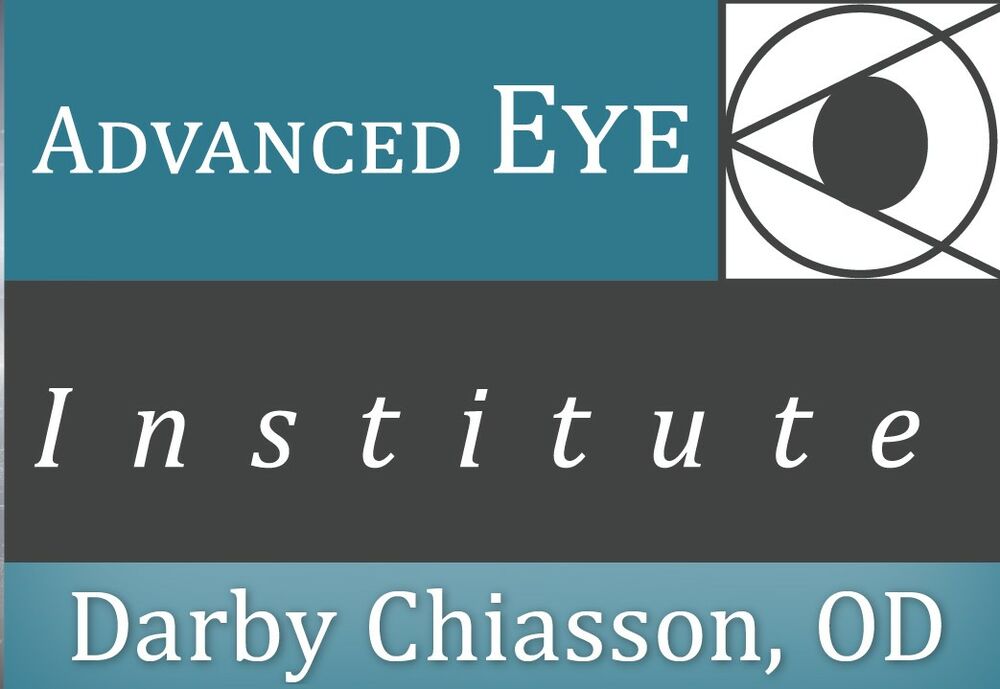
We truly believe in routine eye examinations so that you can see as clearly as possible. Once you have to get glasses or contacts, it is even more important to watch the health of your eyes. You also need routine checks to ensure your prescription has not changed.
To ensure good eye health and vision, we are very proud to offer the following services:
- LASIK Co-Management
- Contact Lenses
- Sunglasses
- Eyeglass Lenses
- Anti-Reflective Lenses
- Soft Lenses
- Gas-Permeable (GP) Lenses
- Multifocal Lenses
- Color Contact Lenses
- Silicone Hydrogels
- Corneal Reshaping (Orthokeratology)
- Low Vision Therapy
Eye Diseases:
- Conjunctivitis (Pink Eye)
- Diabetic Eye Disease
- Glaucoma
- Macular Degeneration
Eye Conditions:
- Amblyopia (Lazy Eye)
- Blepharitis
- Cataracts
- Computer Vision Syndrome
- Dry Eye Syndrome
- Strabismus
Vision Problems:
- Astigmatism
- Hyperopia
- Myopia Control
- Presbyopia (Aging Eyes)

LASIK Co-Management
LASIK stands for laser in-situ keratomileusis and is a popular surgery to correct vision problems. LASIK can help people who are nearsighted or farsighted, as well those who have astigmatism.
LASIK works by reshaping the cornea with a laser, which allows light to be correctly focused onto the retina. A laser is used to create a small flap in the cornea, which is peeled back so another laser can reshape the cornea. The flap is then placed back and the surgery is complete.

Contact Lenses
Nowadays, most people prefer to wear contacts instead of glasses. If you are interested in contact lenses, please let your eye doctor know prior to your appointment. During your exam, we will discuss the various contact lenses available and determine the best option based on your individual needs and lifestyle.

Sunglasses
Sunglasses are designed to protect your eyes from sunlight. While all tinted lenses help to protect your eyes from sunlight, some will protect your eyes better than others. Sunglasses with lenses that block ultraviolet sunlight are the best option. Although sunglasses can be expensive, there are many affordable brands that provide great protection from harmful sunlight as well. If you are interested in finding the best brand of sunglasses for your lifestyle, we can help you find them.
We have a variety of options for you to choose from that will comfortably fit your face and let you enjoy the warm weather in style. Prescription lenses can be applied to most sunglasses and we can help you order a specific brand if we don’t have them in the store.
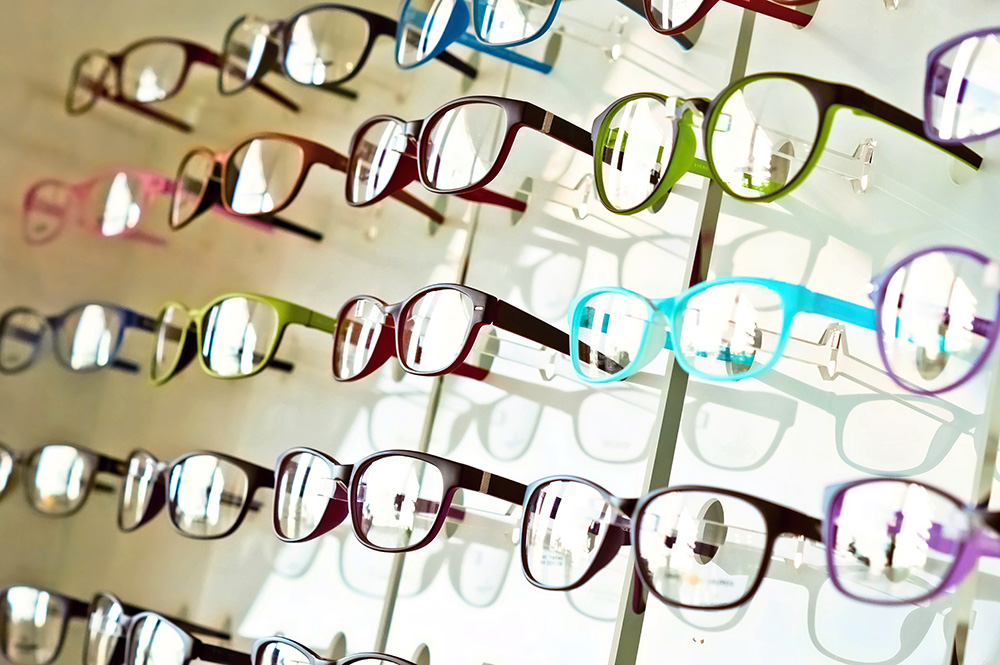
Anti-Reflective Lenses
Anti-Reflective lenses are lenses that have an anti-reflective coating on them to reduce glare and improve clarity while wearing them. New anti-glare technology also means that this coating is integrated into a core part of the lenses through a detailed heating process, so you won’t experience the peeling that used to occur with anti-glare lenses of the past.
- Increased clarity due to increased amount of light which can pass through instead of being reflected off
- Reduced blue-light exposure which can cause eye strain
- Protects eyes from UV rays
- Extended lens life due to protection from scratches and smudges
- Enhanced appearance due to reduced glare on glasses, which allows people to see your eyes rather than your lenses
No matter when you use your glasses the most - driving, using the computer or phone, reading, or watching television - you can benefit from increased clarity.

Multifocal lenses
Multifocal lenses allow for more than one prescription in a single lens. Frequently this is found in lenses with zones for distance vision and reading or near vision. While this might conjure images of growing older, multifocal lenses aren’t just for grandparents. There are several reasons why younger patients, even children, can benefit from these types of lenses.
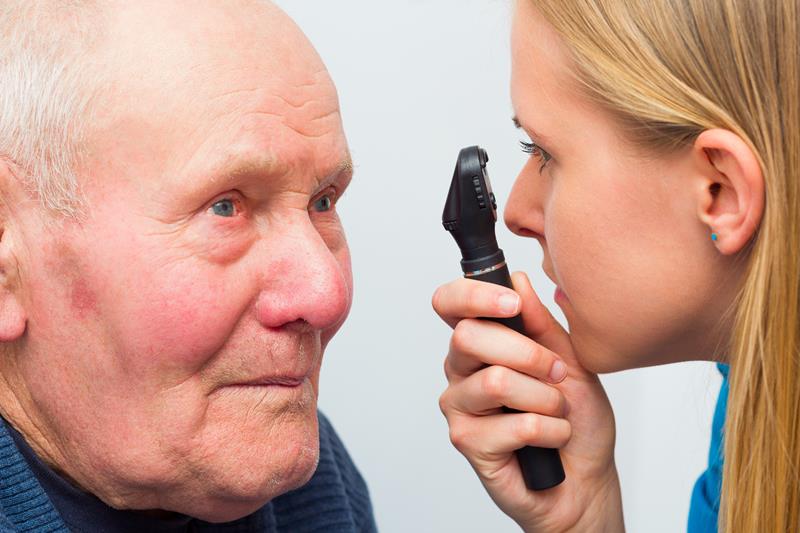
Diabetic Eye Care
Diabetes can affect more than just your blood sugar. It can also do some damage to your eyes if you are not careful.
Diabetic eye disease can cause vision loss if you are not careful. It can cause you to have trouble with everyday tasks even if you have regular glasses or contacts. It can even cause blindness.
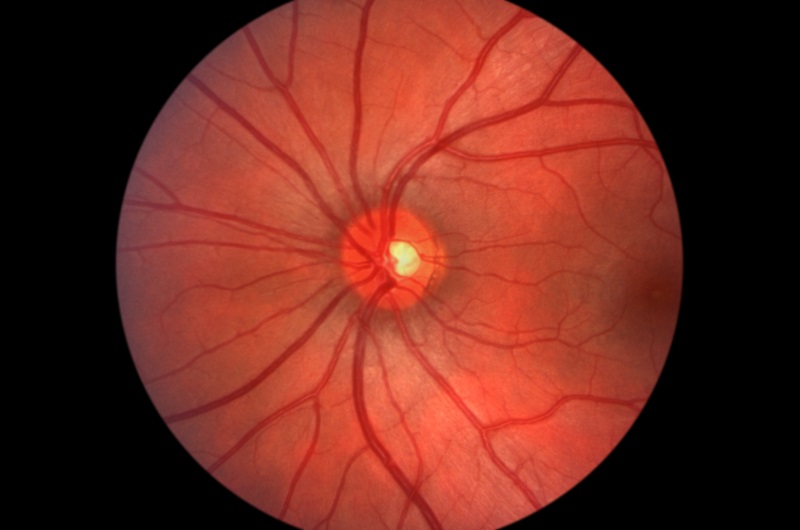
Glaucoma
Glaucoma occurs from damage to the eye’s optic nerve and can often lead to loss of vision and blindness. To detect glaucoma, our highly trained doctors will perform a proper screening to determine severity, examine the damage, and help you manage your glaucoma.
Early detection of glaucoma is crucial in preventing vision loss and blindness; the earlier the better. However, there is no official cure for glaucoma. There are several treatment methods that manage, slow down, or halt the process. Treatment for glaucoma will vary depending on the stage and severity for each individual patient.

Macular Degeneration
Macular degeneration is a deterioration of the central portion of the retina, the inside layer of the eye that records the images we see and sends them through the optic nerve from the eye to the brain for processing. The macula, or the center of the retina, is responsible for focusing central vision in the eye and controls our ability to see and process information.

Blepharitis
Blepharitis is a common condition caused by the buildup of natural oils and bacteria at the base of the eyelashes. Some symptoms may include burning, inflamed, and irritated eyes. In addition, flakes will appear at the base of the eyelashes.
Here at Advanced Eye Institute, we will provide you with different treatment options to control the symptoms of Blepharitis. Unfortunately, since there is no cure for the condition it is best to contact us so we can do a thorough examination and determine the best options for you to relieve and minimize the frequency of symptoms.
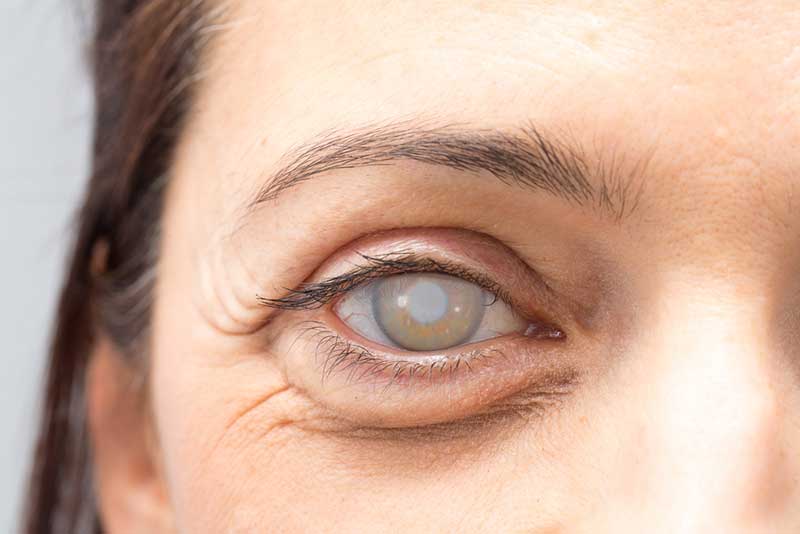
Cataracts
Cataracts cause a clouding of the lens in the eye, making your vision appear to be foggy. Cataracts are the most common cause of vision loss in people over 40 and are the leading cause of blindness in the world.
Your eyes are meant to naturally adjust to normal light changes, adjust focus, and allow us to see both near and far. Your lens is primarily made up of water and proteins. The proper arrangement of these proteins is what contributes to normal vision. Some of these proteins clump together forming a clouding of the lens.

Computer Vision
Computer Vision is a relatively new term within the optometry field and refers to eye problems associated with the prolonged use of computers and electronics that utilize a digital screen. Although it can be temporary, there are times when computer vision can strain the eyes to a degree that permanently affects your vision as well. An existing eye condition can worsen as the eyes try to focus and adjust to a computer screen, and precautions should be taken if you spend long hours in front of a computer screen.
If you have been experiencing blurry vision, dry eyes, eye strain, headaches, neck or back pain, try adjusting the lighting, posture, and the distance in front of your computer screen. If computer vision symptoms persist, call us to request an appointment, we will perform a full evaluation.

Dry Eye
Advanced Eye Institute is proud to offer dry eye treatment for our patients. Ocular Surface Disease, also known as dry eye, can occur from certain medications, naturally by aging, or as a symptom arising from systemic diseases such as Sjogren's syndrome, Rheumatoid arthritis, or Lupus. If you have a minor case of dry eye, you may be experiencing irritation, excessive tearing, fluctuating vision, and/or a burning sensation in your eyes. Excessive dry eyes, or dry eye symptoms that go untreated, have the potential to damage eye tissue, scar your corneas, and impair your vision.
Treatment options vary depending on the severity. While dry eyes cannot be cured, there are various ways to soften or lessen your symptoms. During your appointment, we will discuss the treatment options that best fit your needs.
If you have any questions about dry eye or would like to be seen, please don’t hesitate to call us today at (985) 632-2884!
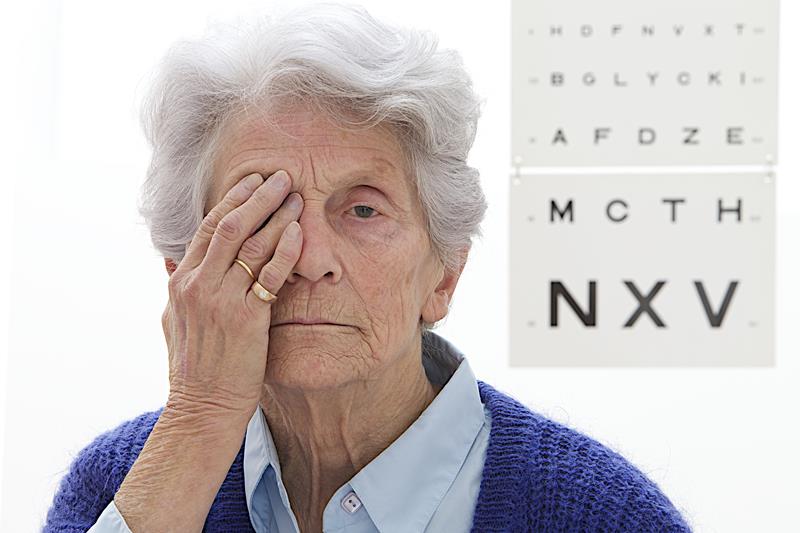
Hyperopia
Farsightedness, known as hyperopia, makes it difficult to see objects close by. If you are experiencing farsightedness, corrective lenses such as glasses or contact lenses will be prescribed. After a thorough examination, we will determine the prescription that’s best for you.

Myopia Control
Nearsightedness, known as myopia, makes it difficult to see objects from afar. If you are experiencing nearsightedness, corrective lenses such as glasses or contact lenses will be prescribed. After a thorough examination, we will determine the prescription that’s best for you.
